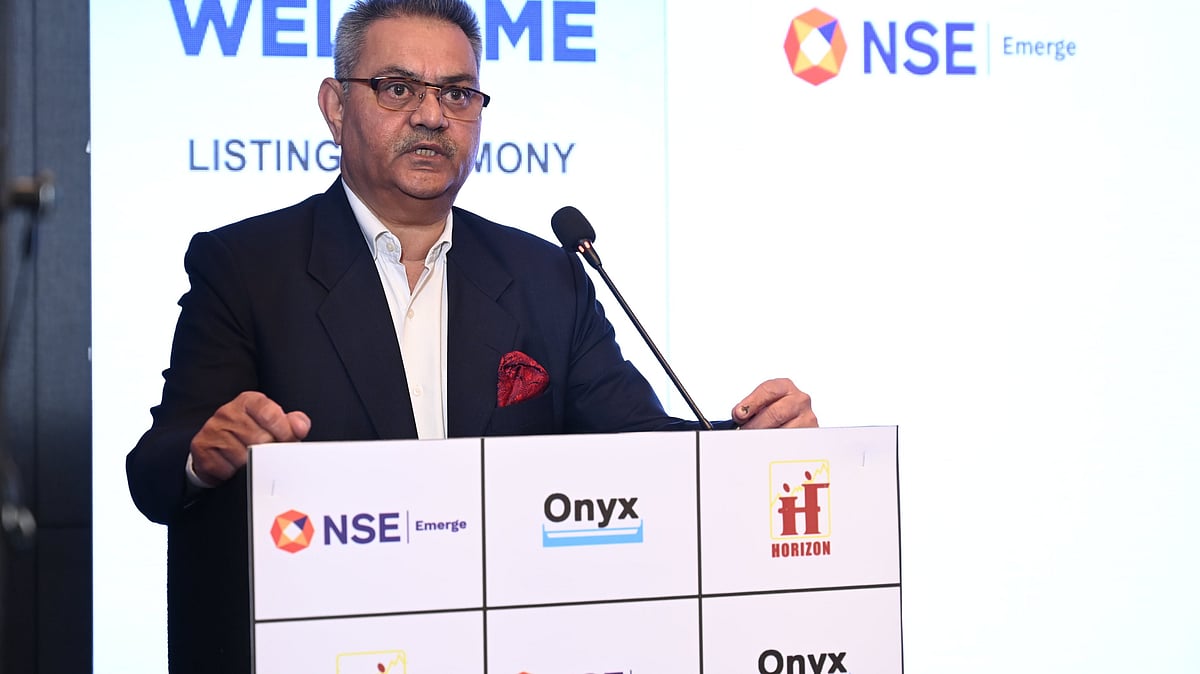How many Indians have died in this wave of Covid ? The answer is: no one knows. Government data does not reconcile with what we know when we look around us; there is the relentless coverage from Indian language newspapers and independent journalists who are tracking the number of cremations and burials. Over and above that, there are reports of bodies floating down the Ganga, and others buried on its banks. We know there are more deaths than declared. We do not know how many more – but we know that those who died, mostly died because they did not get adequate medical care on time.
There have been deaths for lack of hospital beds. For lack of oxygen. For lack of doctors and healthcare workers. For lack of functioning ventilators, and life-saving medicines. For lack of a basic district-wide, or state-wide mechanism that allows the most critical patients to avail the facilities needed to save their lives. Despite the almost three-week turmoil of the residents of Delhi for basic health care – there still is no war room in place that co-ordinates all hospitals in the National Capital Region. There seems to be neither the political will, nor the administrative will to get things going – to prepare for the third wave.
Three aspects
Every disaster has three parts to it. One is the event itself, the other is the policy and implementation plan to mitigate the impact of the event and the third is the rehabilitation and rebuilding. Let us take a simple event like the failure of rains, that lead to a drought. In the pre-Independence era, the drought caused by the failure of rain would be followed by a famine, the failure of governance to plan for mitigating the drought. A drought was nature’s curse, a famine was the curse of ineptitude or intent.
In 1943, the rains failed in Bengal and the British Prime Minister at that time, Winston Churchill, chose to deprive Bengal of grains, and shipped food to the allied soldiers. It is estimated 2-3 million people died (if not more). That was the last major famine that India had. Independent India faced many droughts – failure of rain – but the large-scale deaths wrought by incorrect policy making, leading to a famine, were scarce. The PDS is India’s frontline defence against deaths due to drought – the mitigation strategy. And direct cash transfers, livelihood schemes, policies like MGNREGA are the way to build back better.
Global havoc
Covid is a disaster for every country it has visited. Most of the world is still reeling under its impact. It is not just a health impact, but an economic one too. The lockdowns to save lives have impacted livelihoods. It is estimated that in the US, the cost of the lockdown is upwards of $16 trillion. It is estimated that the economic cost of Covid is Rs 15 lakh crore and this figure does not include the economic losses brought about by the second wave.
From all available evidence, the Covid nightmare is not over yet. No one knows how long this will last, how many variants it will produce, and what their impact will be. Therefore, the question is how we will get geared to face not just the third wave, but the waves beyond. And the starting point is setting up a comprehensive, publicly funded public healthcare system.
It is not that India does not have publicly funded hospitals. But for the best part of the post-liberalisation era, they have been starved of funds; while Central, state and local governments have allowed the mushrooming of nursing homes, and small hospitals run by their personal networks. Today, we are facing the brunt of these policies of cronyism. Our primary, secondary, and tertiary health centres are woefully understaffed and under-supplied to meet the needs of 1.4 billion people.
Like Britain's NHS
As Great Britain clambered out of the post-second world war economic valley on the back of public works, including a robust National Health System, India too needs to look at a robust system which will ensure that Indians do not die for lack of basic healthcare. And this needs to be seen as good economics. You cannot build a strong India on the back of a nation that impoverishes itself trying to pay medical bills.
If a healthy India is the goal, then the plan needs to be holistic, to ensure that the economic benefits accruing from this do not just go to the big, crony capitalists but are distributed down the pyramid. This will include many plans that work together to deliver the desired outcome. The first is a plan for building hospitals; then there needs to be a plan for staffing these hospitals; this in turn means we will need a plan to set up institutes that train more doctors, nurses and healthcare professionals.
There is also the need for a local business plan – how does one get them to build all this to ensure that it is overseen by local government and local citizens and allow them to generate wealth and employment in the immediate neighbourhood? There is a start-up plan that looks at medical diagnostics and how these can be used for prevention and cure. Then there is a plan to look at the funding of this scheme? And so on and so forth. Policy is multilayered, as is implementation. For both to be successful they have to go beyond slogans and social media trends.
What we have today is pronouncements in the place of policy; and intentions in the place of implementation – and to get out of this mess, that needs to change.
The writer works at the intersection of digital content, technology and audiences. She is a writer, columnist, visiting faculty and filmmaker.










